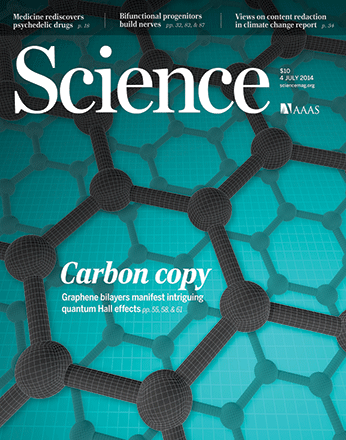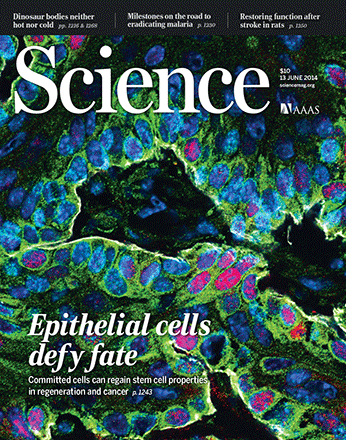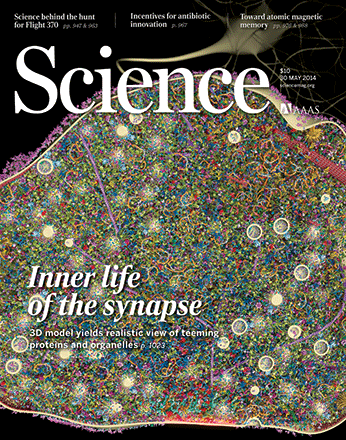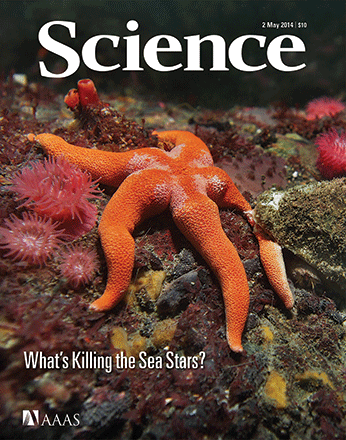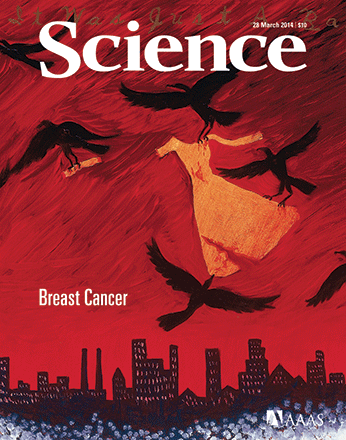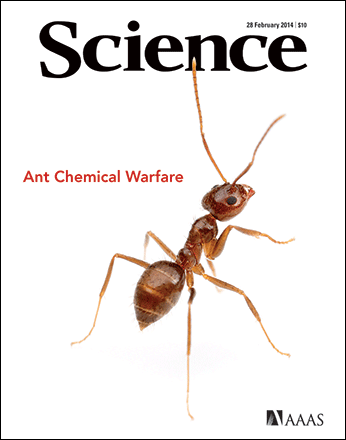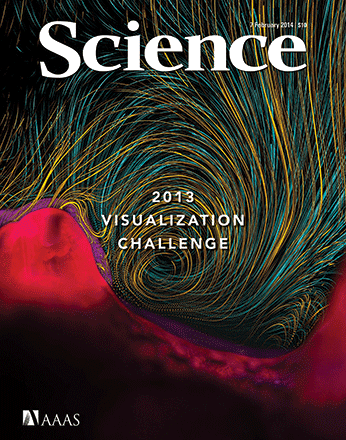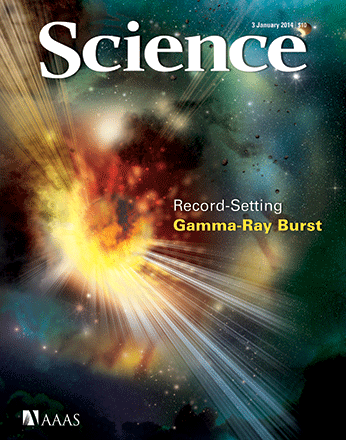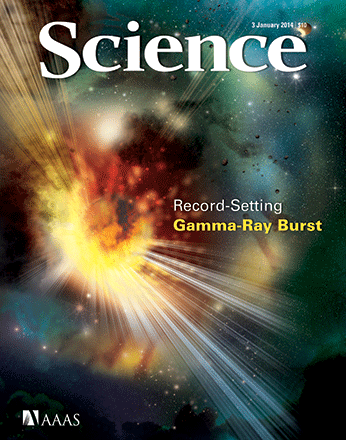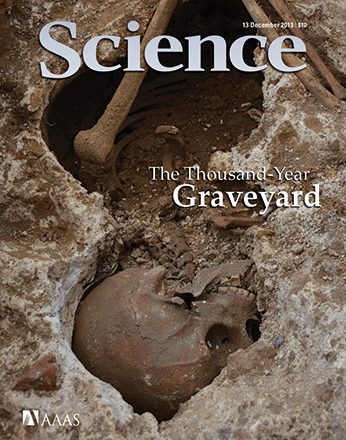Editors' Choice
Editors' Choice Results
Editors' Choice features short summaries of recent research in science education.
Genre analysis and argumentation theory, mainstays of literature classes, rarely appear in science classrooms.
Should professors continue to use traditional lectures in undergraduate STEM (science, technology, engineering, and mathematics) classrooms?
What happens when science pedagogy goes to business school?
Mentoring is ubiquitous throughout the academic system, with mentors and mentees representing a diverse set of backgrounds, skill levels, and priorities.
An essential component of a successful undergraduate research experience is project ownership.
As funding for research grants becomes more competitive, the pressure to publish in top journals increases and may lead to an increase in ethical lapses.
As science, technology, engineering, and mathematics (STEM) instruction begins to shift to a more active approach, how do we best collect and analyze data on how teachers and students spend their classroom time?
First-generation college students, where neither parent received a 4-year college degree, tend to perform more poorly and have higher dropout rates than continuing-generation students, who have at least one parent with a 4-year degree.
First-generation college students, where neither parent received a 4-year college degree, tend to perform more poorly and have higher dropout rates than continuing-generation students, who have at least one parent with a 4-year degree.
Women continue to be underrepresented in physical science classes and careers.

